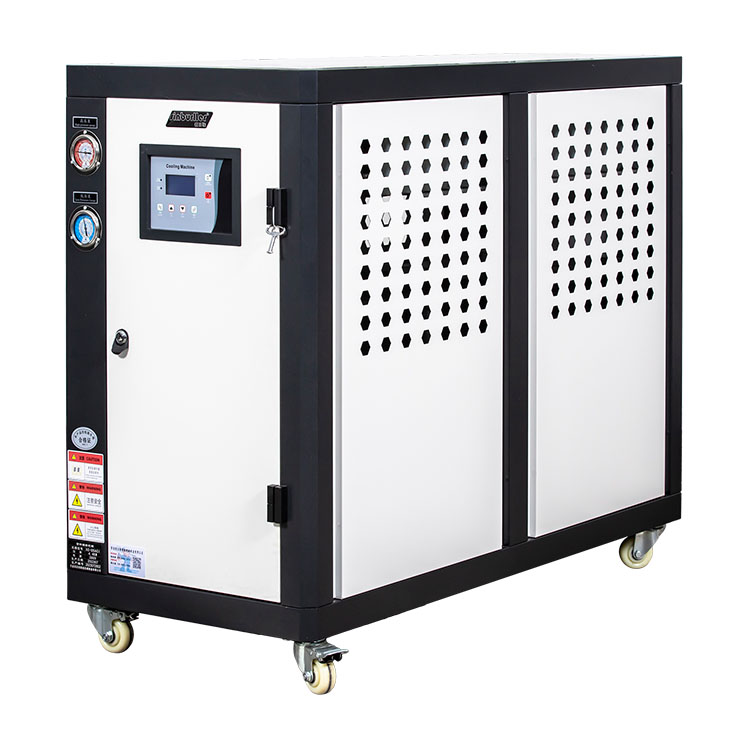Understanding Cooled Chillers – The Backbone of Efficient Cooling Systems
2025-03-07
In modern industries, commercial buildings, and manufacturing facilities, maintaining a controlled temperature is crucial for productivity and efficiency. Cooled chillers play a vital role in ensuring consistent cooling, helping to regulate temperatures in HVAC systems, industrial processes, and even medical applications. In this blog, we’ll explore what cooled chillers are, their types, and why they are essential for efficient cooling.
What is a Cooled Chiller?
A cooled chiller is a refrigeration system designed to remove heat from a liquid, usually water or a coolant, and transfer it elsewhere. The cooled liquid is then circulated through a heat exchanger to cool equipment, air, or processes. These systems are widely used in commercial buildings, data centers, manufacturing plants, and hospitals to maintain stable and comfortable conditions.
Cooled chillers are classified into two main types: air-cooled chillers and water-cooled chillers, each with its advantages and ideal applications.

Types of Cooled Chillers
1. Air-Cooled Chillers
- Use ambient air to dissipate heat from the refrigerant.
- Suitable for facilities without access to large water supplies.
- Typically installed outdoors, reducing the need for mechanical rooms.
- Easier to install and maintain compared to water-cooled systems.
2. Water-Cooled Chillers
- Use water and cooling towers to remove heat, making them highly efficient.
- More effective for large-scale cooling needs such as industrial plants and hospitals.
- Require a constant water source, increasing operational costs in some locations.
- Typically installed indoors, protecting them from weather-related wear and tear.
Key Benefits of Using Cooled Chillers
1. Energy Efficiency
Cooled chillers are designed to optimize energy consumption by using advanced control systems that adjust cooling output based on real-time demand. Water-cooled chillers, in particular, are known for their high energy efficiency.
2. Reliable Temperature Control
Whether in an office building or a manufacturing plant, maintaining a consistent temperature is crucial for comfort and operational stability. Cooled chillers ensure that HVAC systems and industrial equipment remain at optimal temperatures.
3. Extended Equipment Lifespan
Overheating can cause severe damage to machinery, computers, and electrical systems. By providing efficient cooling, chillers help prevent equipment failures and extend the lifespan of expensive assets.
4. Environmental Benefits
Many modern chillers use eco-friendly refrigerants and energy-efficient components to reduce carbon footprints. Water-cooled chillers, for example, require less electricity than traditional air conditioning systems, making them a greener choice.
Applications of Cooled Chillers
- Commercial HVAC Systems – Large office buildings, shopping malls, and hotels use cooled chillers to maintain comfortable indoor temperatures.
- Manufacturing & Industrial Processes – Industries such as plastic molding, pharmaceuticals, and metalworking rely on chillers for process cooling.
- Data Centers – High-performance computers generate heat, and chilled water systems prevent overheating.
- Medical & Laboratory Facilities – Equipment like MRI machines and chemical processing labs require precise temperature control.
Conclusion
Cooled chillers are essential for effective cooling across various industries. Their ability to maintain stable temperatures, improve energy efficiency, and protect equipment makes them a crucial investment. Whether you choose an air-cooled or water-cooled chiller, understanding their benefits and applications will help you make an informed decision for your cooling needs.


